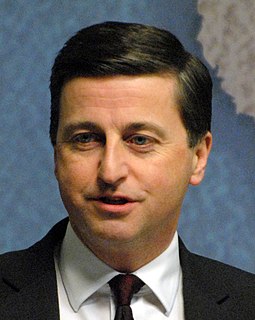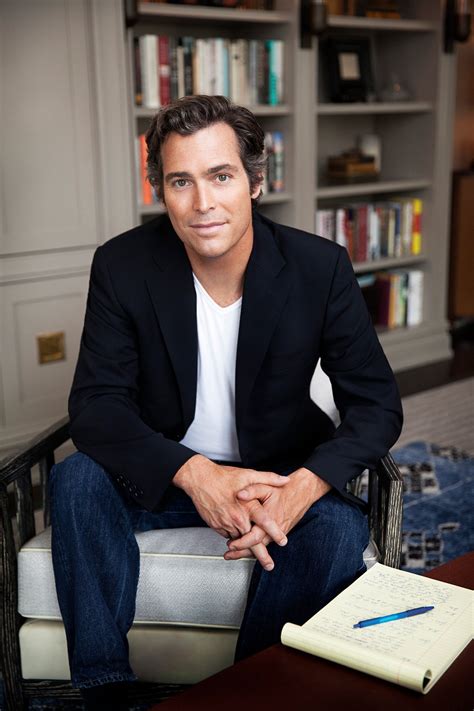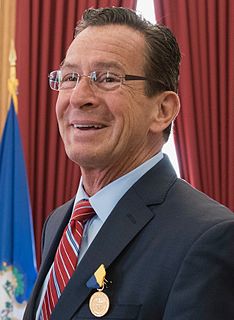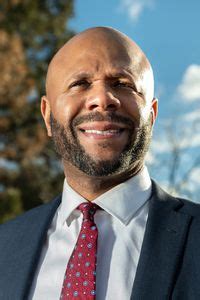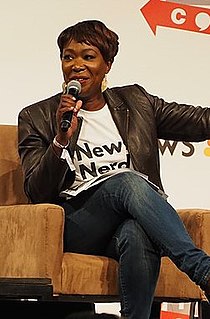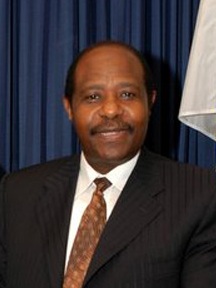A Quote by Zephyr Teachout
Voters have a responsibility to make a judgment with whatever facts are available on Election Day.
Quote Topics
Related Quotes
The main influence on voters should be a series of robust debates among the candidates. It's a free country, so this is a tough problem to solve, but I'd love to see an election season with zero political ads, and all voters had to decide based on watching four national debates over the two months leading to election day.
As Democratic losses mounted in Senate races across the country on election night, some liberal commentators clung to the idea that dissatisfied voters were sending a generally anti-incumbent message, and not specifically repudiating Democratic officeholders. But the facts of the election just don't support that story.
The judgment that every voter is making of every one of us [running for presidency] who has the experience, who has the vision, who has the judgment to be commander in chief. That is the most important decision for the voters to make. That's a standard I'm held to. And it's a standard everyone else is held to.
I feel that anybody who addresses himself to children has a responsibility, and that responsibility is to make available to children the very best that has ever been produced and to sustain the distinction of what has been produced. Everybody in the popular entertainment field or in the popular arts has a responsibility.

